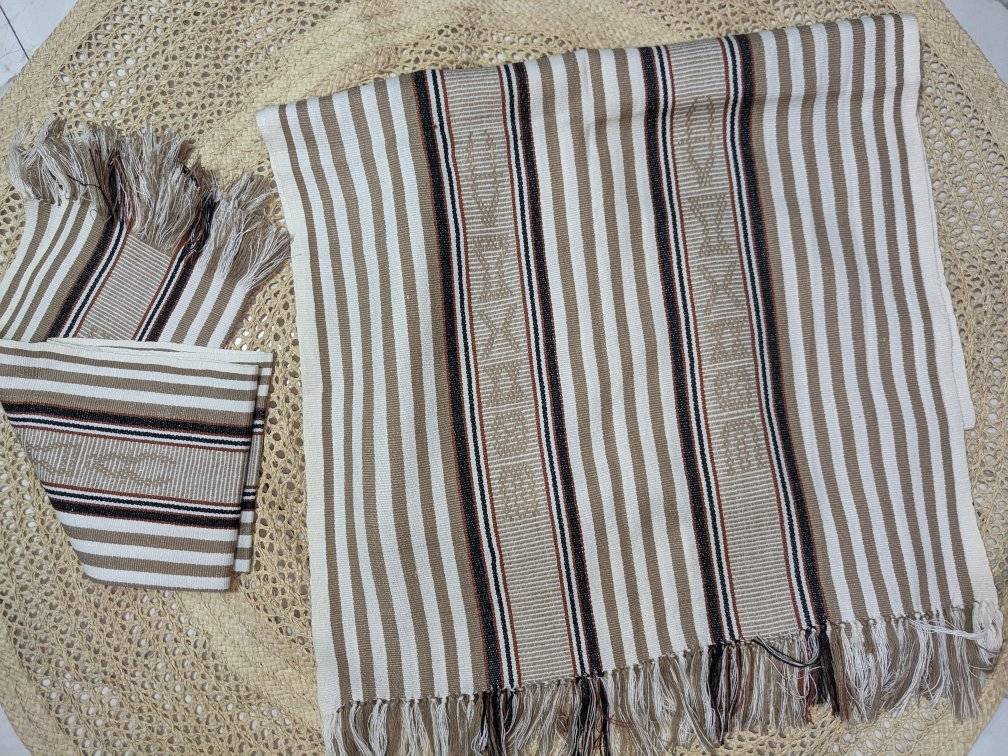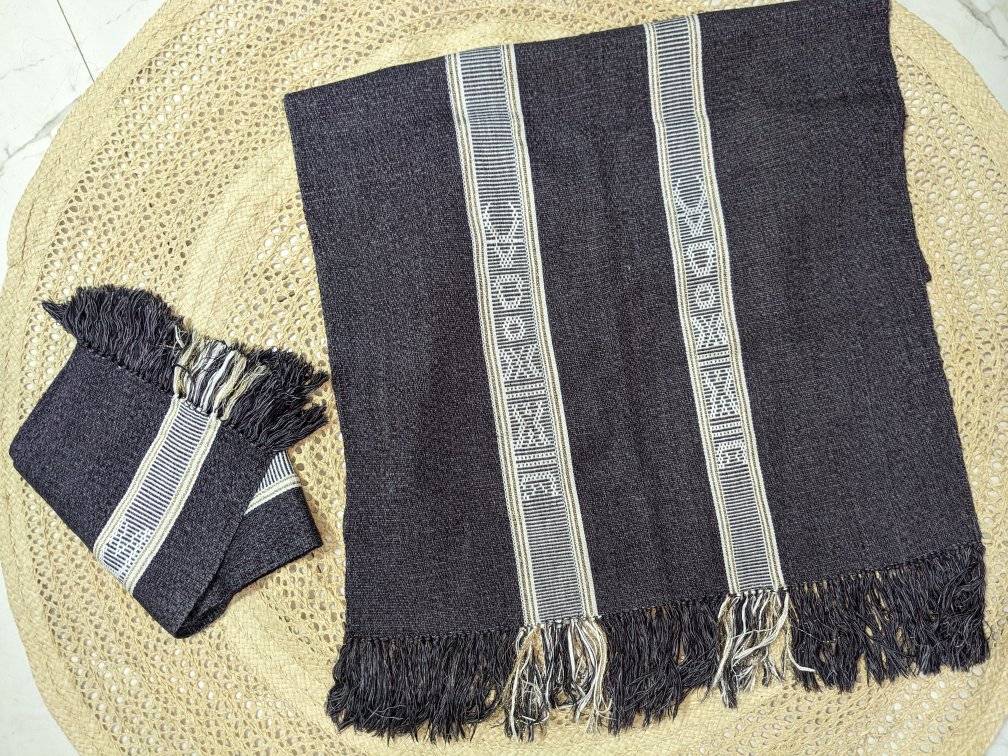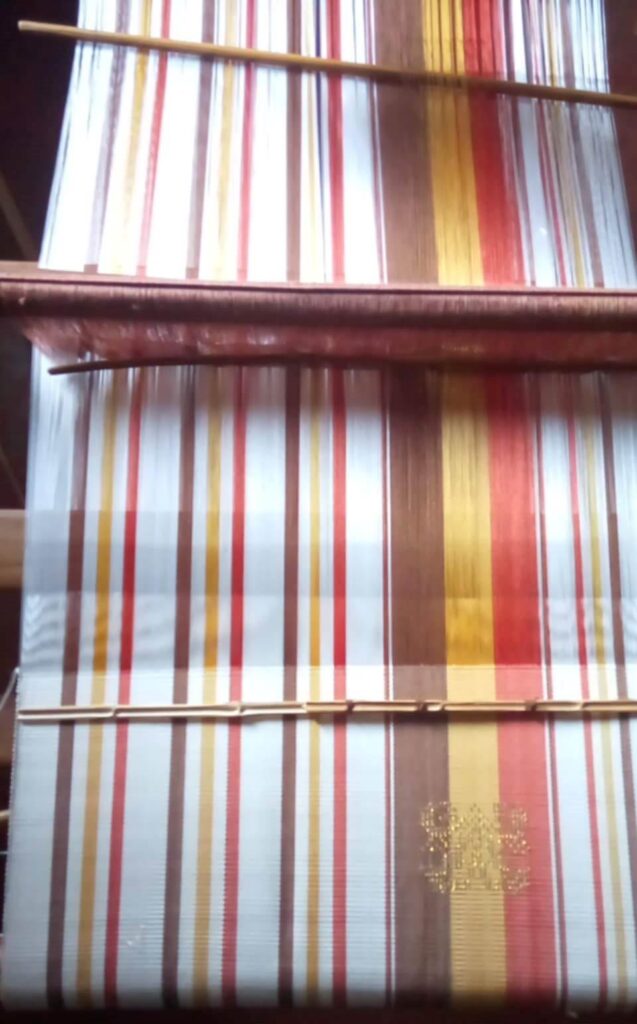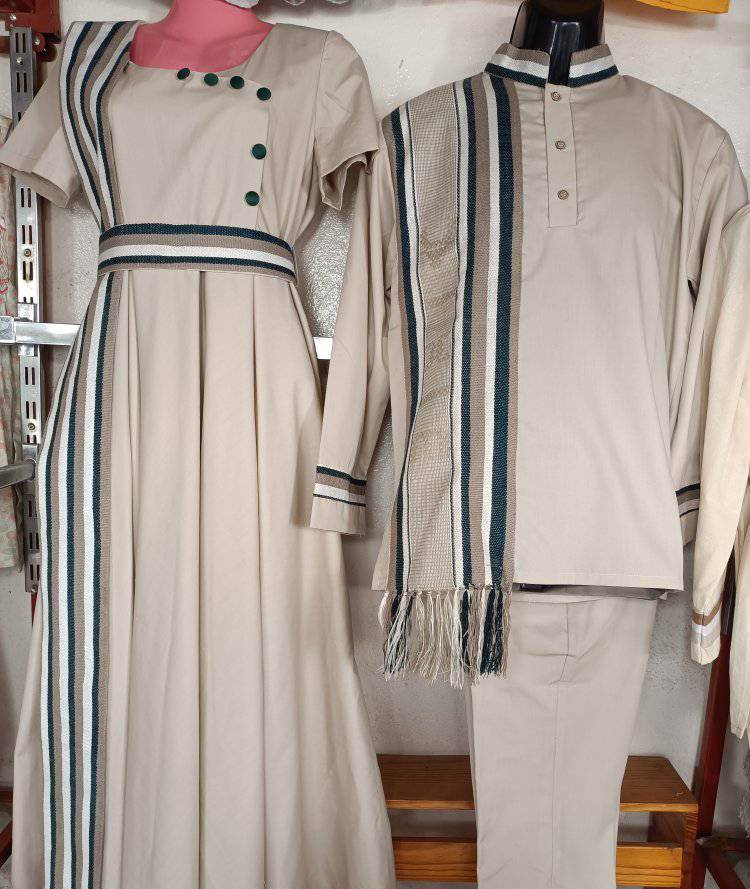Introduction
The Malagasy tribe of Madagascar represents the indigenous people of the island nation of Madagascar, located off the southeastern coast of Africa. Known for their rich cultural diversity, unique traditions, and vibrant heritage, the Malagasy people are a blend of African and Asian ancestries. Over the centuries, they have built a society rooted in respect for family, nature, and community life.
Malagasy is the primary language spoken in Madagascar. It is also used by Malagasy communities living on nearby Indian Ocean islands like Réunion, Mayotte, and Mauritius. Additionally, Malagasy-speaking expatriate communities are found in parts of Europe and North America.
Also Read: Where Did Ijaw Tribe Originate From?
History and Origin of the Malagasy People
The Malagasy people are believed to have descended from a mix of Austronesian settlers from Southeast Asia and Bantu-speaking groups from mainland Africa. The first settlers likely arrived between 1,000 and 2,000 years ago by canoe across the Indian Ocean. Over time, these groups intermarried and created a distinctive cultural identity.
Historically, Madagascar was divided into several kingdoms, with the Merina Kingdom becoming the most dominant by the 19th century. The island later came under French colonial rule in 1896 and gained independence in 1960.
Food and Cuisine
Some foods are eaten by a particular tribe. Malagasy cuisine reflects the island’s mixed heritage. Rice is the staple food and is often served with various accompaniments such as meat, vegetables, or spicy sauces. Popular dishes of Malagasy include:
Romazava (beef stew with leafy greens)
Ravitoto (crushed cassava leaves with pork)
Mofo gasy (Malagasy rice pancakes)
Zebu meat (from local humped cattle)
Food is often shared in communal settings, emphasizing hospitality and togetherness in Madagascar.
Religion and Beliefs
The religious landscape of the Malagasy is diverse. Traditional Malagasy beliefs focus on ancestor worship and the power of spirits. These customs remain central in rural areas, where rituals and offerings to ancestors are common in almost all the tribes.
In modern Madagascar, many people follow Christianity (both Roman Catholic and Protestant), while a smaller percentage practice Islam. However, many still blend traditional beliefs with modern religions, reflecting a deep spiritual heritage.
Festivals and Celebrations
Festivals are an important part of Malagasy culture, often combining music, dance, food, and spirituality. Some key celebrations among the Malagasy people include:

Famadihana (“Turning of the Bones”) – A traditional ancestor-honoring ceremony where families rebury loved ones and celebrate their memory.
Independence Day (June 26th) – A national celebration marked by parades, dances, and fireworks.
Alahamady Be – The Malagasy New Year celebrated in March or April.
These events reinforce family ties and cultural identity in and around the Madagascar tribe. These festivals and celebrations are done in a unique way.
Cultural Practices and Daily Life
The Malagasy culture is family-oriented and respectful of social hierarchy. Oral storytelling, music, and dance are common ways of passing down history and values. Traditional clothing includes lamba – a woven garment worn by both men and women.
Cultural values such as solidarity, respect for elders, and community cooperation are deeply ingrained in Malagasy society. Craftsmanship, particularly weaving, wood carving, and embroidery, plays a vital role in daily and ceremonial life of an ordinary Malagasy person.
Malagasy people are found of weaving with wonderful wool. Most of their dressing include the one that has hand making wool. When you wear it, it speak of your culture as a Malagasy person. They love it. If you visit Madagascar someday, try and buy one hand weaving wool cloth, sew and wear it and this help promote their culture too.

Countries Where the Malagasy People Are Mostly Found?
While the majority of Malagasy people live in Madagascar, there are also Malagasy communities in nearby Indian Ocean islands such as: Réunion, Mayotte, Mauritius.
In addition, Madagascar diaspora communities exist in countries like France, Canada, and the United States, where Malagasy people have migrated for education, work, and family reasons.
What are the different ethnic groups in Madagascar?
Madagascar is home to numerous ethnic groups. The native population is collectively known as the Malagasy, which includes subgroups such as the Merina, Cotiers, Betsimisaraka, Betsileo, Tsimihety, and Sakalava. There are also minority communities of foreign origin, including the French, Makua, Indians, Chinese, and Pakistanis.
What is the main ethnic group in Madagascar?
The Malagasy people make up the dominant ethnic group in Madagascar. Within this group, the Merina are the largest subgroup, followed by the Cotiers, who include the Betsimisaraka. Other significant Malagasy subgroups are the Betsileo, Tsimihety, and Sakalava. Foreign populations include people of Makua, French, Indian, Chinese, and Pakistani descent.
Marriage Customs and Traditions
Marriage in Malagasy society is a significant cultural event. Traditionally, families play a central role in arranging marriages, often beginning with a vodiondry (bride price or symbolic gift). The ceremony blends traditional customs with Christian or civil rite, depending on the couple’s faith. Most of the ceremonies are concluded in the Church to tie the knot and merry in celebrations.
You Can Laos Read: How to Create WordPress Website?
Weddings are joyful occasions filled with dancing, singing, and feasting. The union of two families is emphasized, and respect for ancestry is often observed through blessings and rituals.
Conclusion
The Malagasy tribe of Madagascar offers a fascinating glimpse into a culture that has gracefully blended ancient traditions with modern life. From their unique origin to history, religion, customs and marriage, traditions and vibrant festivals to deep-rooted values and rich cuisine, the Malagasy people remain a testament to cultural resilience and diversity. You need to visit and see for yourself the rich culture of the Malagasy people.
Action
Are you interested in the Malagasy culture and has it inspires you? You can share and also comment below so as to keep our culture alive! Without sentiment because cultures-built ties.


